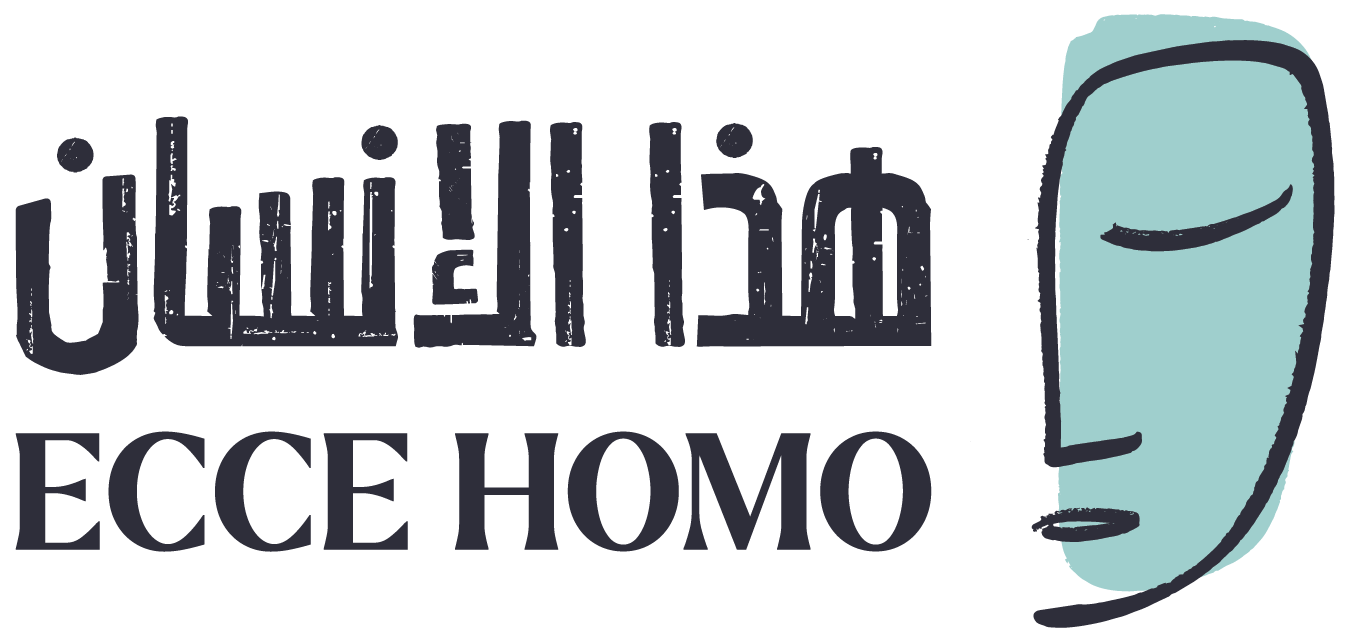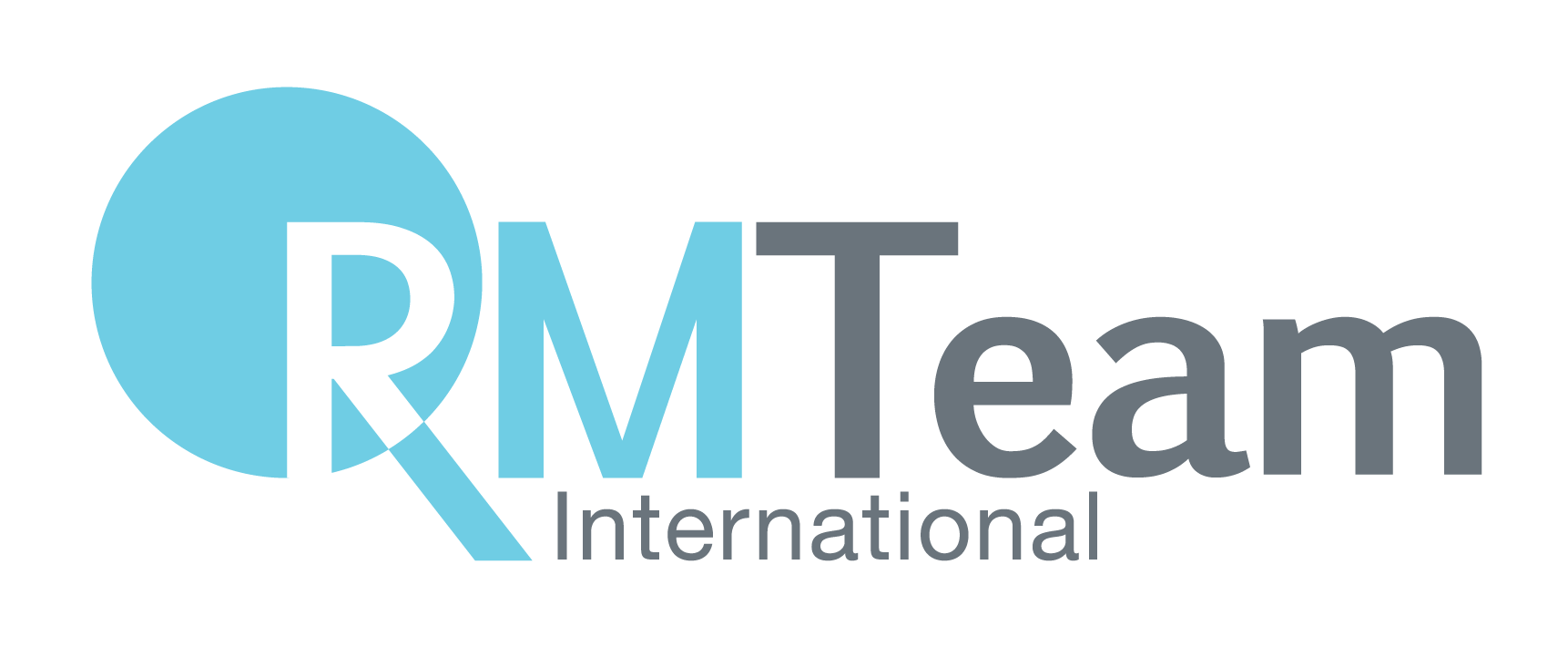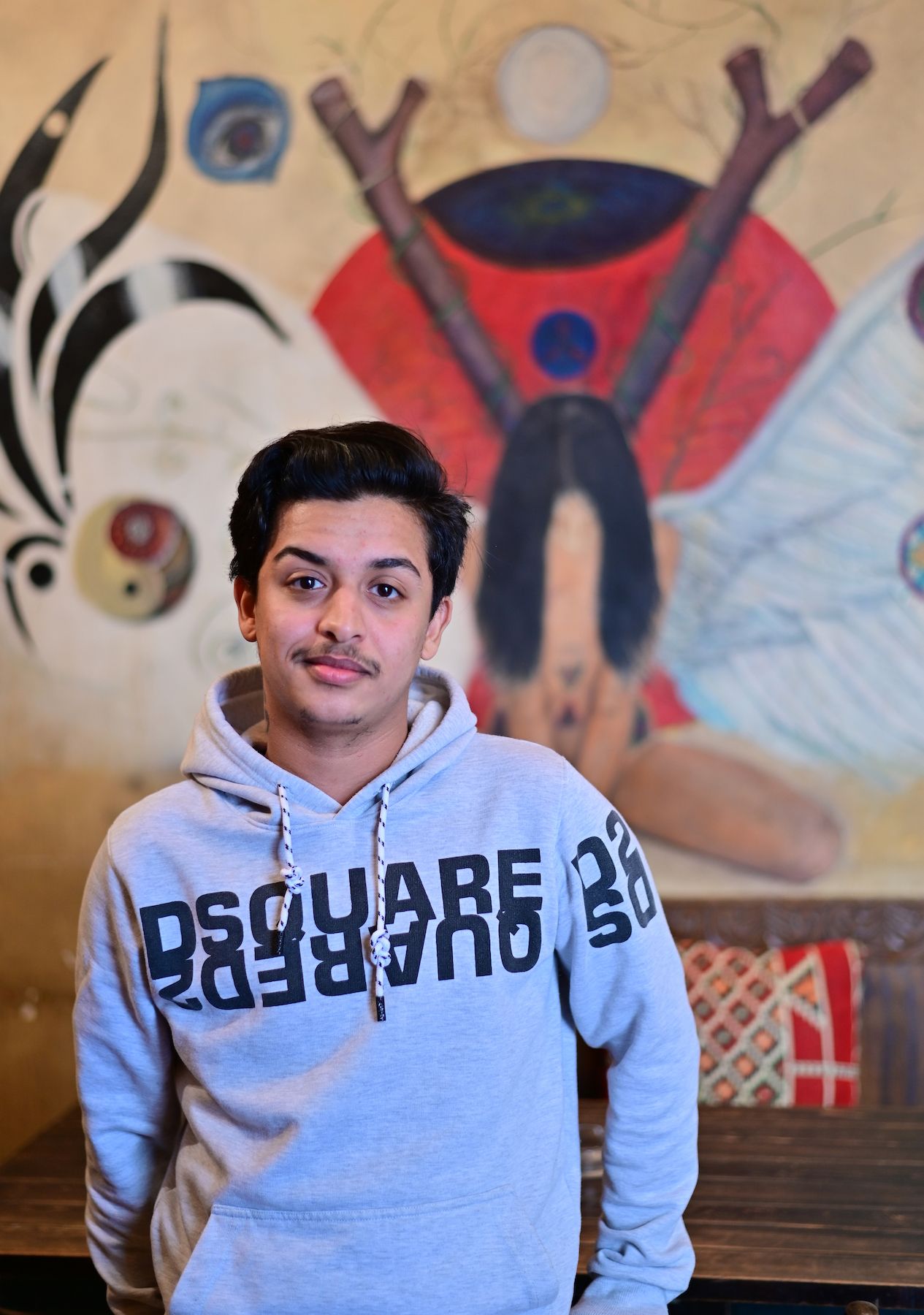
From Yemen, to Somalia, and then Egypt: Yahya, God’s Gift that Came True
In a café located in the ground-floor apartment of an old building, a charming place in the Egyptian neighborhood of Al-Zamalek, Yahya was waiting both calmly and comfortably, with his coffee and laptop, to greet his interlocutors. However, his unsuccessful attempts at hiding the sadness from his face were apparent.
In 1997, Yahya was originally born as a beautiful young girl named Hibatullah (God’s gift) in the city of Saint Petersburgh, Russia, to a Yemeni father and a Somali-Yemeni mother who were studying medicine there. After completing their degrees and having another child, a son, they returned to Taiz before settling in Sana’a to work as doctors.
Yahya was originally born as a beautiful young girl named Hibatullah (God’s gift) in the city of Saint Petersburgh, Russia, to a Yemeni father and a Somali-Yemeni mother who were studying medicine there.
Hibatullah enrolled in a private school run by a relative and enjoyed special treatment that sometimes saved her from the consequences of her small “riots”. She was quite popular among her peers, recalling that [she] did not realize that immediately, “perhaps because I had many friends. I felt isolated at first, but then quickly became acquainted with my surroundings”. However, this was not the case when she moved to a new school where she was bullied. She does not blame others as much as she tries to find excuses for their behaviour; “I thought that this is a completely new environment that is not accustomed to me yet”. Nevertheless, the many comments she received made her realize that she was indeed different. “Those comments made me focus on myself and understand the impact of such differences. I then realized that I was unable to fully integrate into my role as a female”. Despite the fact that her friendships in the first school were limited to girls, this gradually changed when she moved to her second school.
“I thought that this is a completely new environment that is not accustomed to me yet”. Nevertheless, the many comments she received made her realize that she was indeed different. “Those comments made me focus on myself and understand the impact of such differences. I then realized that I was unable to fully integrate into my role as a female”
In highschool, Hibatullah began focusing on what separates her from others. The differences she noted encouraged her to show herself more to society. Contrary to popular belief that teenage years are a time of madness, she saw it as a revolutionary stage. However, she was soon unable to accept herself, even more than before, when she was busier and less aware of her particularities.
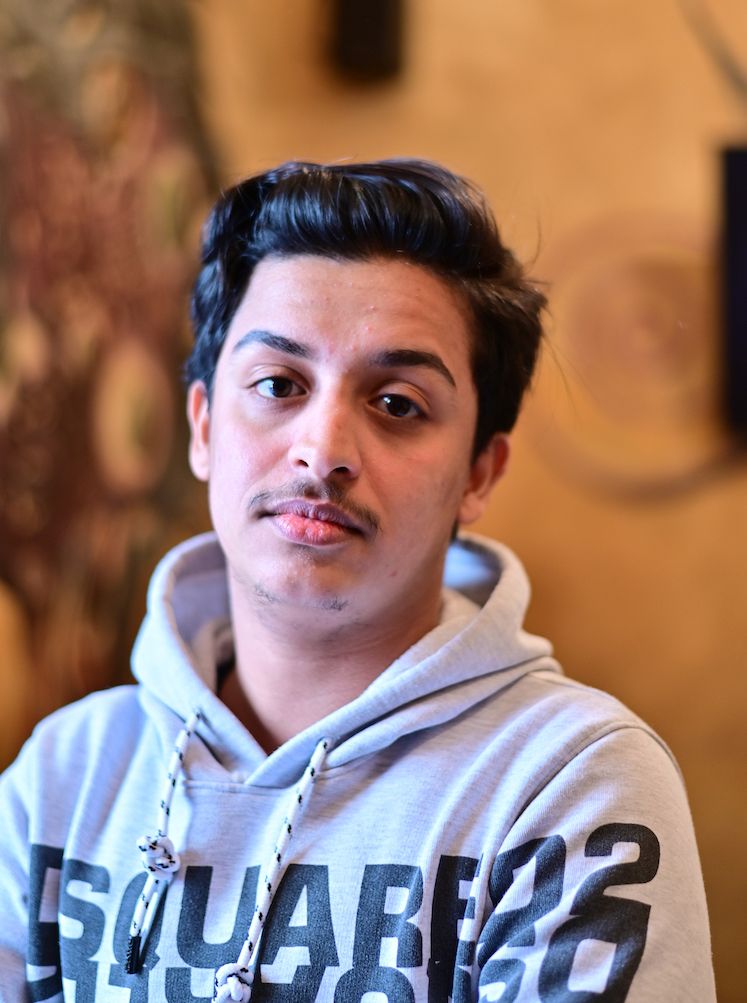
The young girl believed that her father had psychological problems. Even though he portrayed a balanced image in public, his true turbulent personality, as described by Hibatullah, materialized through both violence and suspicion within their household. For many reasons, including her parent’s preoccupation with their work as well as their marital disputes, the young girl was raised by her maternal grandmother, a descendant of a Yemeni father and an Indian mother. Hibatullah’ s parents never empathized with what she was going through, or at least, ignored it as long as her behaviour did not cause problems with the “outside world”.
In the 11th grade, Hibatullah’ s parents forced her to get engaged to her cousin. Her father later refused any attempts at breaking off this engagement. In 2014, when she graduated highschool, Hibatullah followed in the steps of her parents and enrolled in medical school in Yemen. However, the start of the war prompted the family to travel to Somalia – to the city of Hargeisa, Somaliland. There, she continued her studies and persuaded her cousin to call off their engagement.
During that time, Hibatullah’ s gender identity materialized, or rather, she took the decision to reveal it. However, when the young girl adopted her new identity as Yahya, his mother locked him up in a psychiatric clinic to prevent him from completing his transition; “I believe that she was afraid of this change; of losing me”. Keeping Yahya in a private clinic and receiving a guardianship ruling considering that he is incompetent was his mother’s solution to deal with her fears and her son’s situation. During that time, Yahya felt complete hatred towards his mother. For the next two years, he was forced to take drugs and hormones under the threat of returning to the mental institution should he stop this treatment.
During that time, Hibatullah’ s gender identity materialized, or rather, she took the decision to reveal it. However, when the young girl adopted her new identity as Yahya, his mother locked him up in a psychiatric clinic to prevent him from completing his transition; “I believe that she was afraid of this change; of losing me”. Keeping Yahya in a private clinic and receiving a guardianship ruling considering that he is incompetent was his mother’s solution to deal with her fears and her son’s situation.
In fact, it is well-known that the situation of the LGBTQ community in general, and transgenders in the Arab World in particular, is grim. With the absence of basic freedoms and the rise of dictatorships as well as religious extremism, persecution against transgenders and restrictions on them have been increasing, to the point where it has become difficult to obtain statistics on the matter.
Nevertheless, referring to figures from other countries may, in turn, give an idea of the reality that this community is facing. In response to the following question “What would your reaction be if your son, brother, sister, or close family member became a transgender”, 18% of respondents in France said that they would be very supportive, 28% somewhat supportive, and 27% answered that they would not be supportive. In the United States, the percentage of non-supporters was 22%, with a slightly higher percentage of 32% in Germany, and 29% in Italy.
The lack of published or accurate statistics on the situation of transgenders in the Arab World does not negate the existence of the issue, with people who chose to reveal their identity being negatively affected by the prevailing laws as well as several authoritarian and religious authorities.
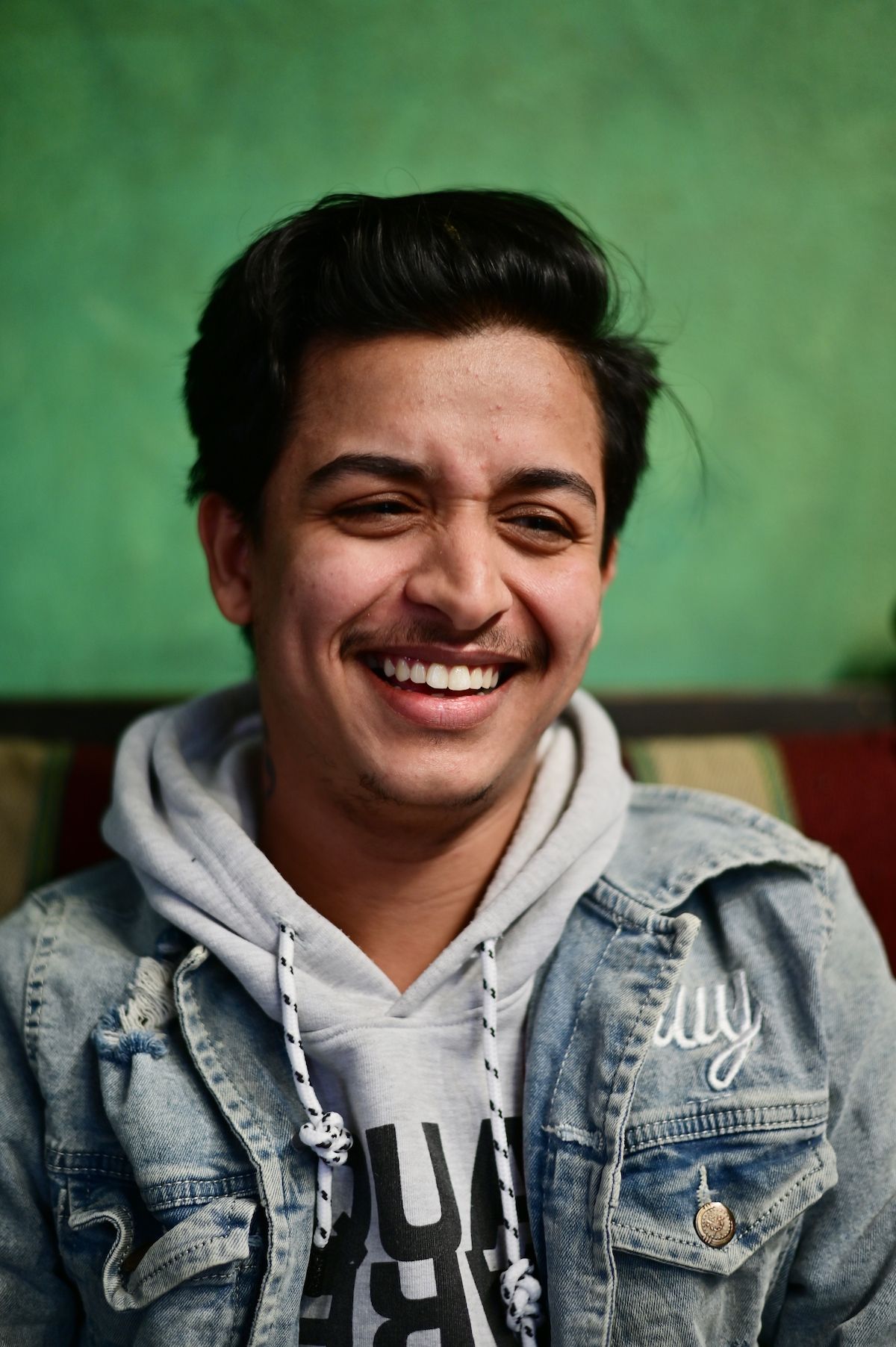
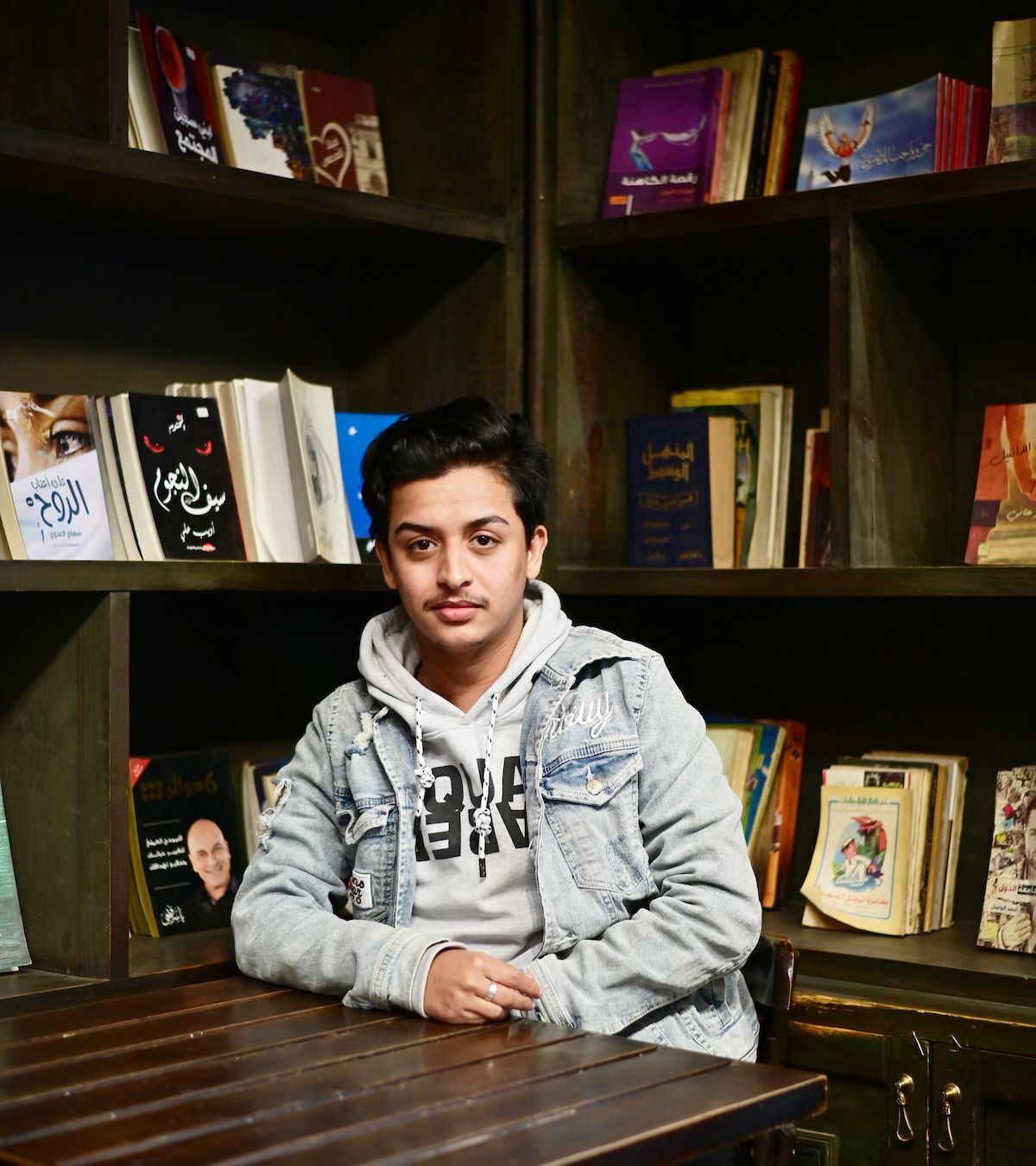
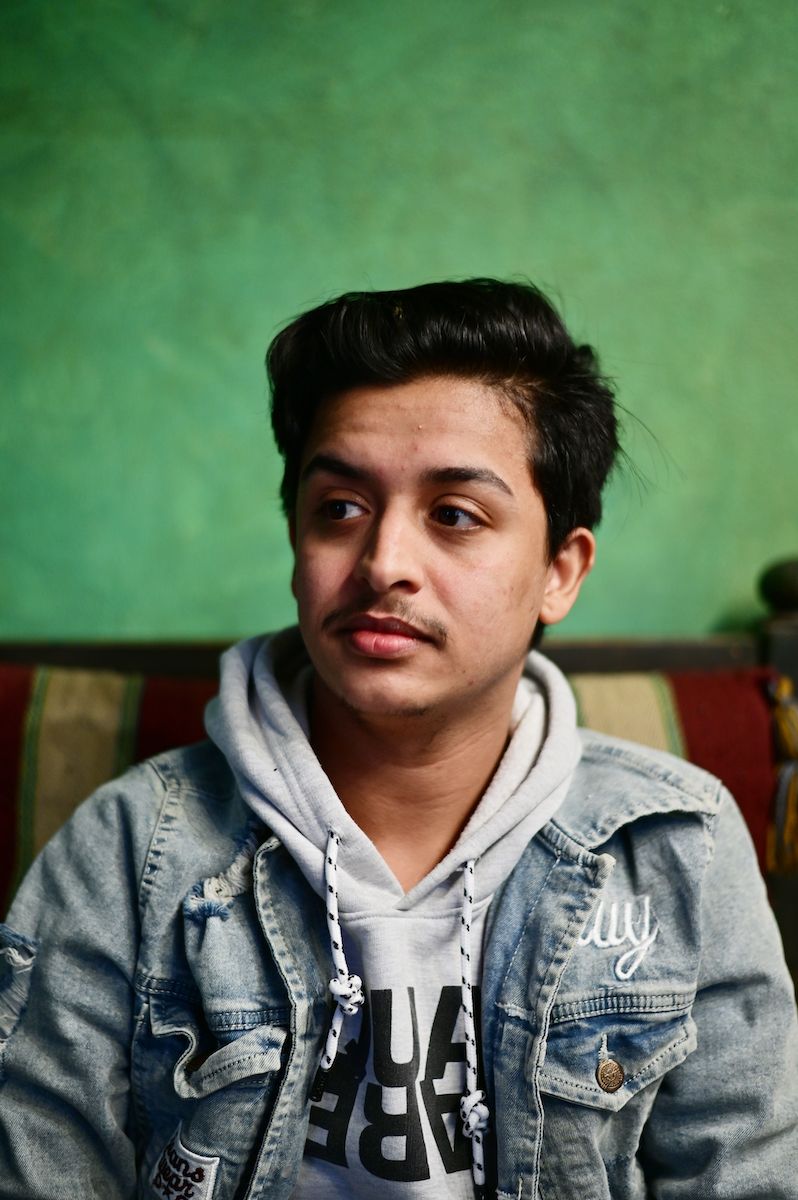
In 2018, after facing many problems at the university due to his time at the clinic, Yahya tried to help some of his Somali female friends escape to Yemen. He was no longer able to bear life in Somalia under his mother’s guardianship; therefore, he arrived on a ship, with the help of his friend’s uncle, having no identification papers and hoping to flee this country. The ship captain sympathized with his story and did not inform the port authorities of his situation. He was also able to reach Yahya’s father who was in Yemen at the time. Unfortunately, one of his mother’s acquaintances saw him on the ship by chance. He then tied him up with the intention of transferring him back to a mental institution, but the captain intervened and expelled the Yemeni off the ship.
When Yahya’s mother was informed of the situation, she rushed to the port, alongside her cousin, the governor of Berbera, and some soldiers to take him back just when the ship was about to leave.The captain’s efforts to protect him did not work. When they threatened to seize the ship, “I completely lost hope and returned with my mother and her cousin, expecting to be imprisoned again. This is when I had a nervous breakdown”.
His father contacted the large Yemeni community in Somalia and the hospital where his wife works to pressure Yahya’s mother into releasing him. At that moment, she felt that she had lost control, and then soon surrendered to the situation at hand. Two weeks later, Yahya returned with the same captain to the city of Al-Hudayda in Yemen where his father works.
Soon after, battles started in the city; therefore, Yahya and his father moved to Sana’a, where the former’s post-traumatic symptoms began to surface. “I felt that my father, whom I previously saw as a failure, had become my savior”. He felt the need to check into a mental institution, but his previous experience reinforced his fear of such a place. “I understood that what I faced needed long treatment. I never had the proper chance to deal with everything that has happened to me so far”.
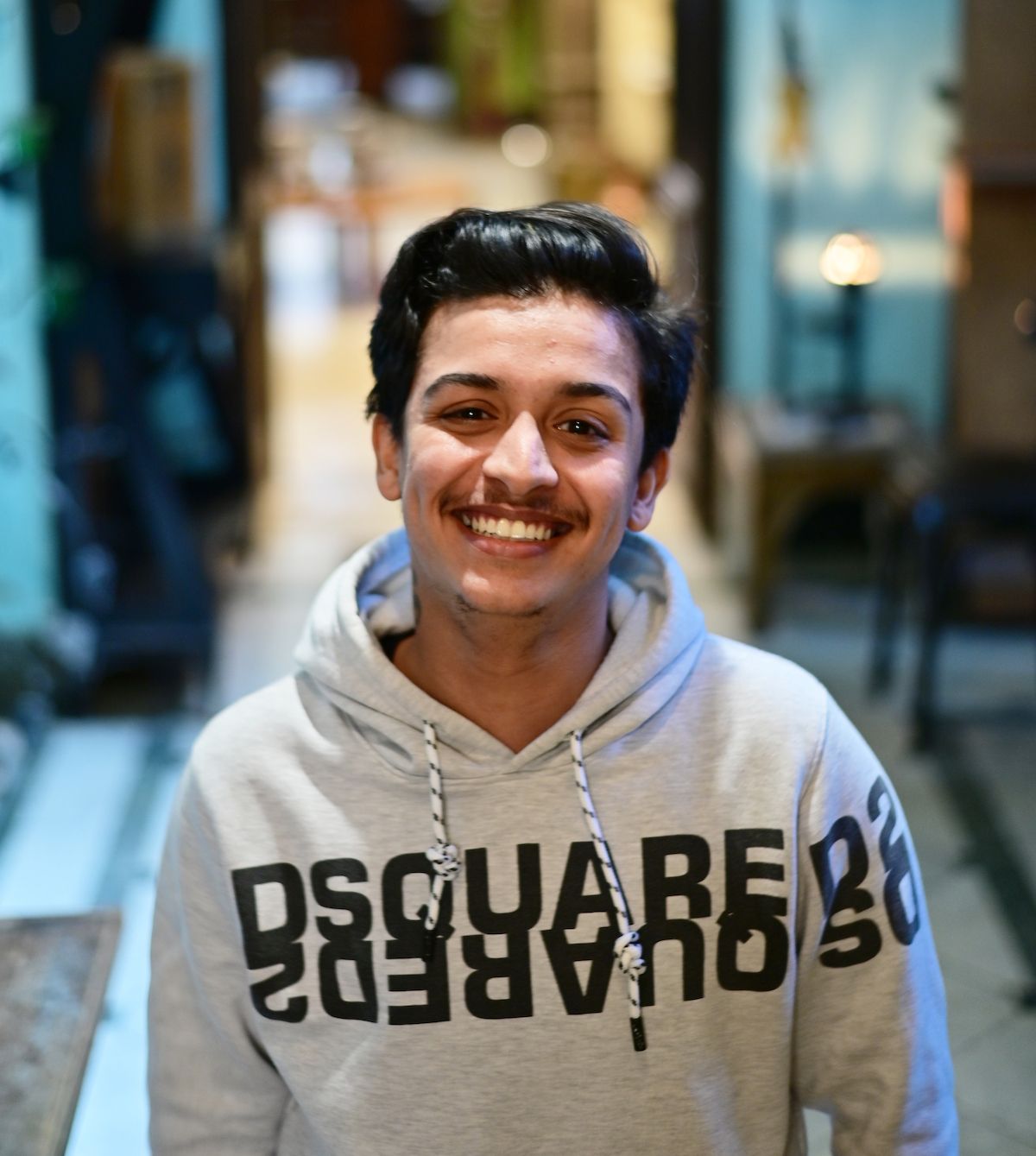
Yahya considered completing his studies, but his father always seemed to delay this process. He also prevented him from communicating with the outside world and restricted his freedom of movement due to pressure from his mother. In her opinion, society will “manipulate our daughter, and bring back thoughts of gender transitioning”. Yahya’s main problem was that his parents were influential doctors who were trying to “solve” everything using hormones and psychotherapy.
He (Yahya's father) also prevented him from communicating with the outside world and restricted his freedom of movement due to pressure from his mother. In her opinion, society will “manipulate our daughter, and bring back thoughts of gender transitioning”. Yahya’s main problem was that his parents were influential doctors who were trying to “solve” everything using hormones and psychotherapy.
Once again, Yahya lost hope and almost collapsed. However, his online community of friends since 2015, transgenders from around the world, provided him with the support, interdependence, and awareness he needed; “I had strong networks all over the world”. They knew everything that has happened and is currently happening to their friend, and they decided to help him at once, with the hope of avoiding the imprisonment incident once again.
When it became clear that his father was not going to help him enroll in university, Yahya took to Twitter and created a page on the GoFundMe website to fundraise the cost of his official papers and travel ticket. “I started telling my story publicly and without any fear!” His conservative uncles tried to reach out to his father and sent him links to his son’s statements, accusing Yahya that “he broke the family’s honour and tarnished its image”. The internet was then cut off from the young man, who locked himself in his room, while constantly receiving insults from his father, who considered that what happened is a result of “years of complete trust and pampering”. Yahya felt that his father wanted to kill him, even if he were not bold enough to do so. “If he doesn’t do it, someone else will”; maybe he was indeed waiting for someone else to “finish” the job. At that time, even the best-case scenario for Yahya, who could not fully comprehend what was happening, was very bad.
Yahya felt that his father wanted to kill him, even if he were not bold enough to do so. “If he doesn’t do it, someone else will”; maybe he was indeed waiting for someone else to “finish” the job. At that time, even the best-case scenario for Yahya, who could not fully comprehend what was happening, was very bad.
It is estimated that 0.56% of adults in the United States (560 people per 100,000) know that they are transgenders. This percentage increases with the decrease in the age of the target segment and the progression of time.
Yahya was locked up for three days in the same room with his step-mother’s 17-year-old sister, who assured him that she would be his witness and that her presence would protect him from what his father might do. He decided to escape by jumping from the third floor, but was able to get out in a safer way with the help of his roommate. When he left the house, he spent years being chased, stalked, and threatened. Despite the fact that he escaped on August 17th, 2019, Yahya was unable to reach a temporary relatively safe haven in Egypt until March 2020.
He faced many problems as a refugee there, but he considers that “[he] won a battle even though the war is not over yet. I won by getting out, by going through my transitioning journey, and by staying alive. I was also able to free myself from rigid societal circles and reveal my true identity”.
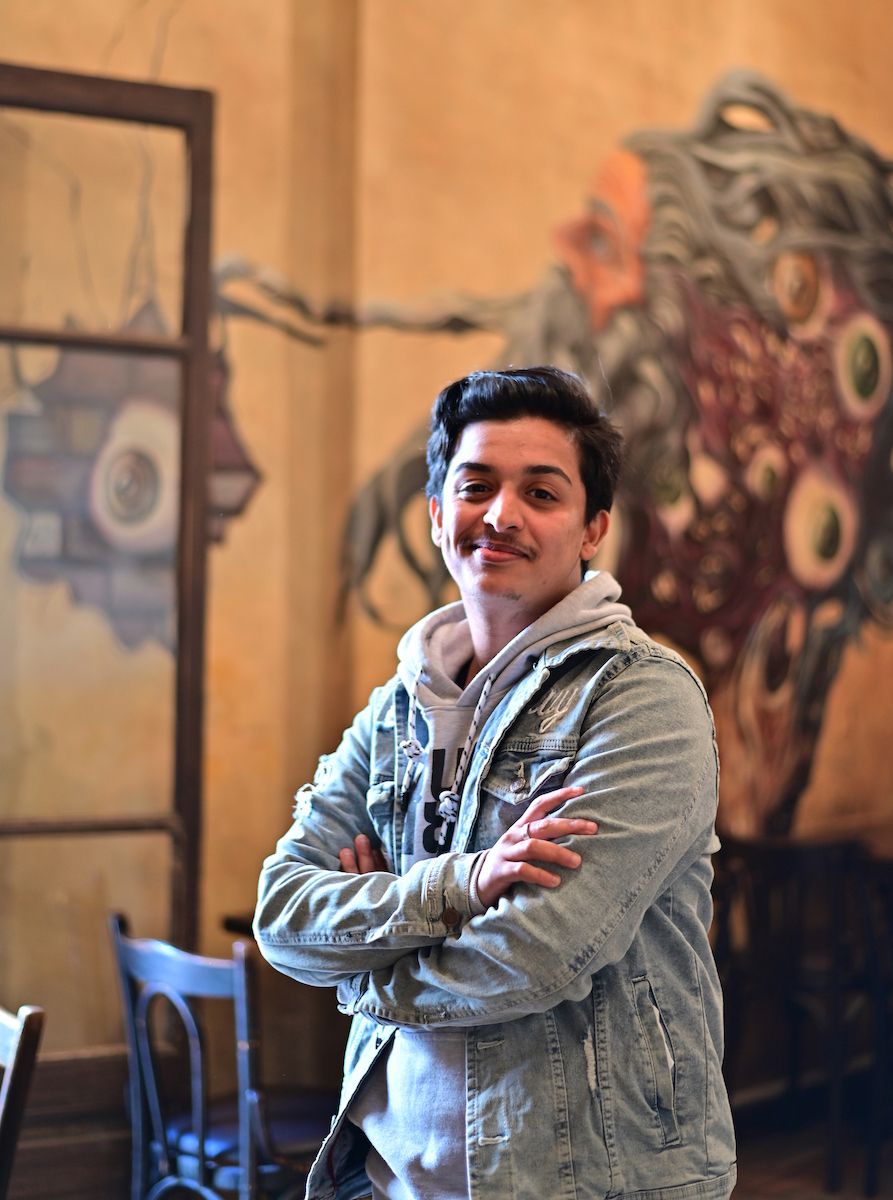
Yahya aspires to obtain a basic human right: to live in safety. This is currently not possible where he is. He now thinks of a dream from his distant childhood: moving to Australia, a country that impresses him, where there are many opportunities and the possibility of completing his studies.
Today, with the help and support of an Australian organization and his lawyer, Yahya and his partner are waiting for their chance to leave. He spends his time volunteering and attending online courses on issues related to Human Rights, activism, and laws linked to justice and accountability.
Why did he choose the name Yahya?! “All first-borns of the family are named after their grandfather who bears this name. If I was born physically as a male, this would have been my name. Yahya: an expression of my right and hope, to live as I am, the way I want to”.
Why did he choose the name Yahya?! “All first-borns of the family are named after their grandfather who bears this name. If I was born physically as a male, this would have been my name. Yahya: an expression of my right and hope, to live as I am, the way I want to”.
